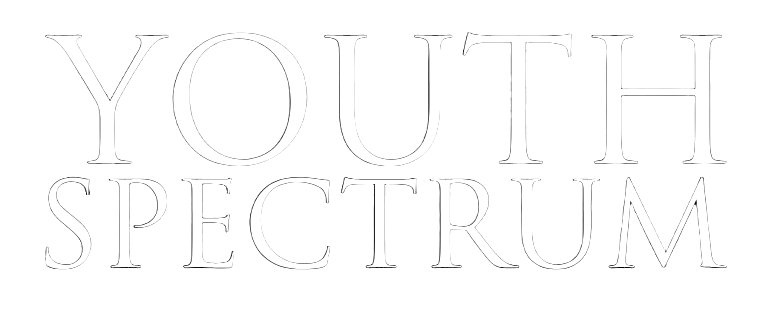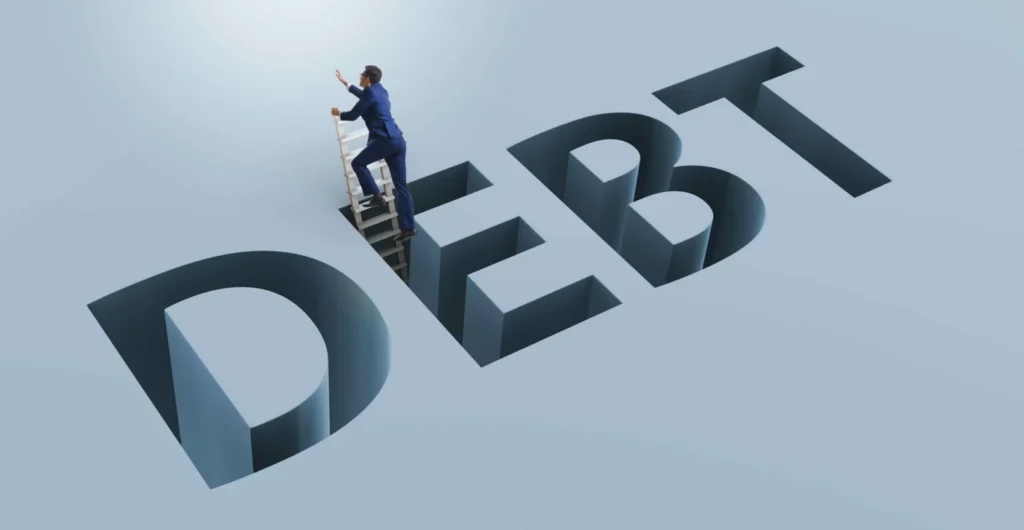Introduction
I’ll never forget the day my credit card statement arrived with a $15,000 balance. My stomach dropped. The minimum payments were eating up my paycheck, and I couldn’t see a way out. If you’re nodding along right now, take a deep breath – I’ve been where you are, and there is a way through.
The truth about debt? It’s not a moral failing. It’s just math. And like any math problem, there’s a solution. This isn’t about deprivation or magic fixes – it’s about smart strategies that real people use to dig themselves out, one payment at a time.
1. Understanding Your Debt (The Good, The Bad, and The Ugly)
Not all debt is created equal. Before you start paying it down, you need to know what you’re dealing with:
• “Good” Debt (Yes, It Exists):
- Mortgages (historically low interest)
- Student loans (investment in earning potential)
• “Bad” Debt That Needs Immediate Attention:
- Credit cards (15-25% APR is common)
- Payday loans (can exceed 400% APR)
- Any debt where interest is eating you alive
Real Talk: List every debt with:
- Balance
- Interest rate
- Minimum payment
Just seeing it all in one place is powerful.
2. The Two Best Debt Payoff Methods (Choose Your Fighter)
Option 1: The Debt Snowball (For Quick Wins)
• Pay minimums on all debts
• Throw extra money at smallest balance first
• When that’s gone, roll that payment to next debt
Why it works: Those early wins keep you motivated. When I paid off my first $500 medical bill, I felt unstoppable.
Option 2: The Debt Avalanche (For Math Nerds)
• Pay minimums on all debts
• Attack the highest interest rate first
• Saves you the most in interest long-term
Pro Tip: There’s no “wrong” choice. Pick what will keep you going when motivation fades (usually around month 3).
3. Negotiation Tricks Creditors Don’t Want You to Know
I saved $2,300 in interest with these scripts:
• For Credit Cards:
“Hi, I’m committed to paying this off. Could you lower my APR to help me succeed?”
• For Medical Bills:
“I’d like to discuss payment options. Is there a cash discount or financial assistance available?”
• Secret Weapon: Ask about hardship programs – many banks have temporary relief options they don’t advertise.
FAQs From People in the Trenches
Q: Should I pause retirement contributions to pay debt faster?
A: Only pause beyond any employer match. That free money is too valuable to pass up.
Q: How do I handle collections calls without panic?
A: “I acknowledge this debt. I’m working on a solution and will contact you when I have one.” Then hang up. You don’t owe them your anxiety.
Q: Will settling a debt hurt my credit less than not paying?
A: Settlements still hurt, but less than charge-offs. Get any agreement in writing before paying.
Q: My partner’s debt is stressing me out – how do we approach this?
A: Schedule a money date (with coffee/wine). Focus on “our plan” not “your debt.” Teamwork makes the dream work.
Q: What if I slip up and use credit cards again?
A: Relapse is part of recovery. Analyze what triggered it, adjust your plan, and keep going. I had to freeze my cards in a block of ice – twice.
Conclusion: Your Debt-Free Future Starts Today
Here’s what I know after helping hundreds of people get out of debt: The hardest part isn’t the math – it’s believing you can do it. Every payment is a brick in your path to freedom.
Your first three steps:
- List all debts (seriously, do this now)
- Pick your payoff method
- Call one creditor to negotiate
One year from now, you could be giving someone else advice on how you did it. The only question is – will you start today?

